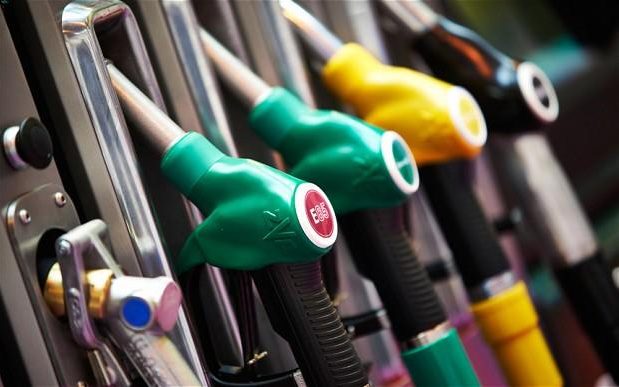Consumers of petroleum products have been paying up to 38% higher price when compared to prevailing international market rates, media sources have reported. The government has heavily taxed the petroleum products especially petrol and high-speed diesel in a struggle to reach its revenue targets. The benefit of globally declining oil prices has thus failed to trickle down to the masses that rely heavily on petrol and diesel for consumption as fuel for cars, heavy vehicles and agricultural machinery.
Among petroleum products, diesel is the most commonly used fuel. Rise in diesel prices has been a major trigger for inflation as passenger travel and goods transportation has become expensive.
A report by Oil and Gas Regulatory Authority (OGRA) sent to the Economic Coordination Committee (ECC) reveals that during the fiscal year 2015-16, oil consumers paid the highest rates of general sales tax (GST) ( Rs 29.57/liter on diesel) along with Rs 6 in petroleum levy. On petrol the GST was Rs 15.22/ liter, Rs13.18/liter on kerosene oil and Rs12.21/liter on light diesel oil (LDO).
Later, as the crude oil prices began to rise in the global markets, the government decreased taxes on petroleum products and absorbed some of the price increase shock to provide some relief to the consumers. The tax on diesel was reduced to Rs19.39/ liter in the current fiscal year. Moreover, the GST on petrol was Rs10.71 per/ liter, kerosene oil Rs2.83 and LDO Rs4.64.
Overall, Rs25b as GST on petroleum products and Rs10b as petroleum levy contribute to government revenues every month.




